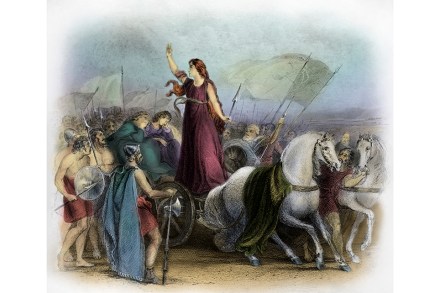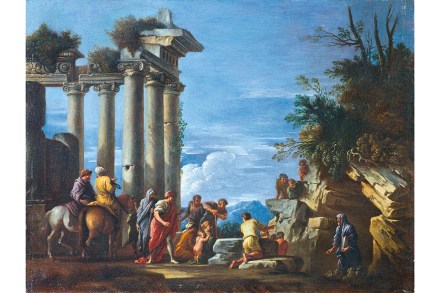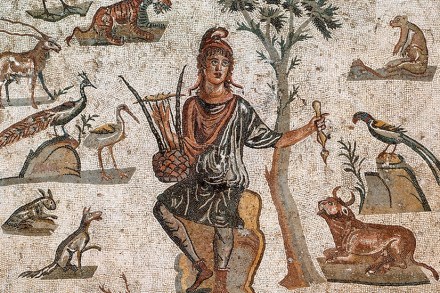Anselm Kiefer’s monstrous regiment of women
The visionary artist Anselm Kiefer has restlessly challenged and redefined recent German history and cultural shibboleths in an extraordinary body of work that spans more than six decades. Two months ago he turned 80, an anniversary marked by the staging of exhibitions from Amsterdam to the Ashmolean and the publication of this impressive study devoted to the notable women that thread their way through his work, endlessly shape-shifting. Women are to be found everywhere in Kieferland: haunting, teasing, beckoning, seducing; imperious, impassive, poetic and unknowable. There are martyrs, queens and heroines of the revolution, Brunhilde and the Valkyries, Madame de Stael and Marie-Antoinette. There are women from the Bible –




